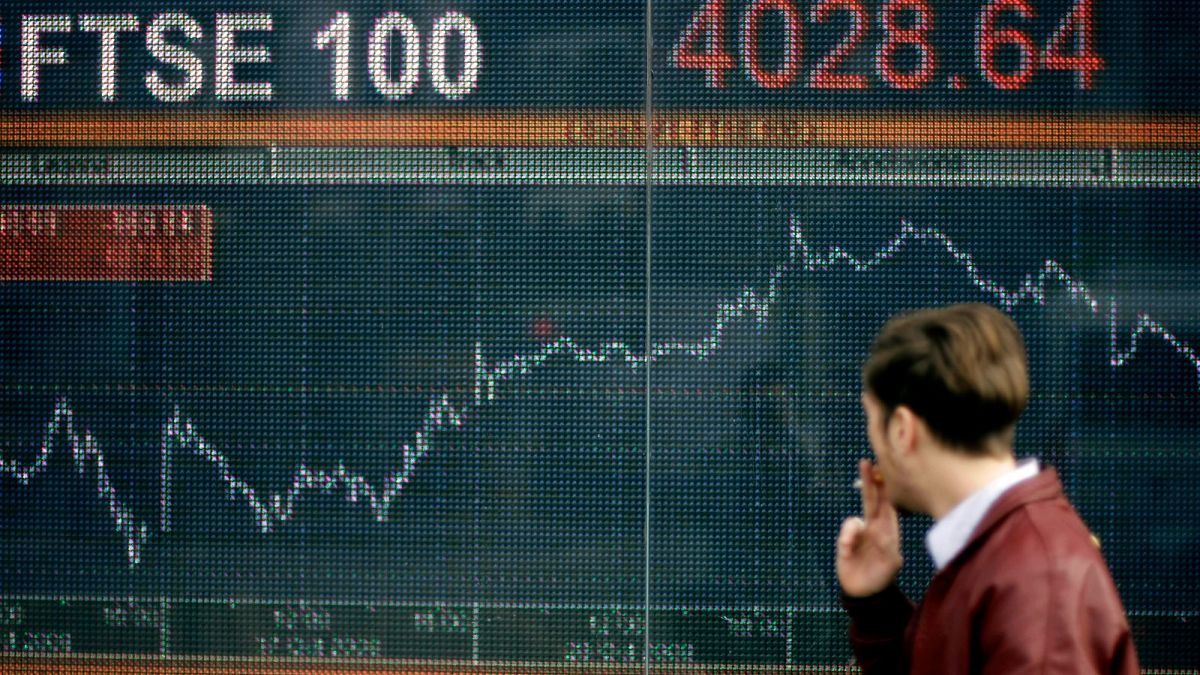Chief executives at Britain’s biggest companies, listed under the FTSE 100 blue-chip index, enjoyed another bumper year in the boardroom with pay packages soaring to record highs for the third year running.
The surge has reignited concerns about corporate excess and inequality at a time when many households are still grappling with high living costs and stagnant wages.
According to research published by the High Pay Centre, median pay for FTSE 100 bosses rose to £4.58 million (€5.22m) in the 2024-25 financial year, up from £4.29 million (€4.97m) the year before—a 6.8% increase and the highest level on record since 2013 when single-figure reporting began.
The average or mean CEO pay jumped even more sharply, climbing 15.4% to £5.91 million (€6.85m), smashing the previous peak set in 2017-18.
The findings underline how the rewards at the top of Britain’s corporate ladder continue to grow despite a climate of economic uncertainty and political scrutiny.
Bigger bonuses and more millionaires
One of the starkest takeaways from the report is the sheer number of bosses joining the so-called “ten-million club.” Thirteen FTSE 100 companies handed their CEOs packages worth £10 million (€11.6m) or more over the past year, compared with ten firms in 2023-24.
Overall, the UK’s largest listed firms spent a combined £1 billion (€1.16bn) on executive pay for 217 top roles, a sharp rise from £757 million (€877m) the previous year.
Much of this increase stems from hefty payouts at Melrose Industries, where executives collectively pocketed £212 million (€246m). Melrose’s former and current CEOs alone walked away with nearly £59 million, or a cool €68 million.
Melrose Industries, headquartered in Birmingham, is a FTSE 100-listed company specialising in aerospace manufacturing through its subsidiary GKN Aerospace.
The structure of these windfalls reflects a broader trend: the growing importance of long-term incentive payments (LTIPs). These share-based awards, intended to align leadership with company performance, were granted to 85% of FTSE 100 bosses in the last year, up from 81% previously.
What are LTIPs?
LTIPs are basically giant bonus schemes paid in company shares rather than cash. The idea is that bosses will only get the full payout if the business does well over several years—things like the share price rising, profits growing or hitting other performance targets.
So instead of a one-off bonus at the end of the year, it is like a promise of a big payday down the line, but only if the company’s value increases. That way, in theory, the CEO’s interests are tied to those of shareholders: if the share price goes up, everyone benefits, and the boss gets their reward. In practice, LTIPs often add millions to an executive’s total pay packet.
“When top pay awards reach this level, a discussion about the economic trade-offs becomes more important. The value of concentrating many millions of pounds worth of expenditure on the pay of one or two top executives and the potential opportunity costs merits interrogation from investors, workers and other stakeholders,” the report said.
“When this pattern is repeated across multiple leading companies, there is a valid public and governmental or regulatory interest in questioning whether these payouts have negative implications for investment in training, productivity-enhancing innovation, or higher wages for low- and middle-income staff.”
Workers left behind
Perhaps the most politically sensitive finding of the report is the chasm between CEO pay and the wages of ordinary employees. The typical FTSE 100 boss now earns 122 times more than a median UK full-time worker.
While executive pay has skyrocketed in the past decades, average wages have failed to keep pace with inflation, leaving many households squeezed by rising rents, mortgage payments and energy bills.
According to the High Pay Centre, the discrepancies between CEO earnings and those of their employees could be improved if more jobs were protected by trade unions, to reduce “intra-firm and societal pay inequality.”
“With enhanced representation and bargaining power, workers are empowered to negotiate a fairer share of the wealth created by their labour,” and the discrepancy between their earnings and those of senior managers and wealthy investors would be less evident.
They also argued for more worker representation in the boardroom, insisting that “large companies should be required to reserve a proportion of board seats for directors elected by the workforce, with at least one such representative serving on the remuneration committee.”
“This would bring frontline perspectives into boardroom discussions and improve accountability on decisions relating to pay and corporate culture.”

